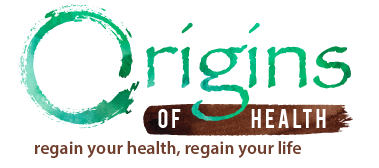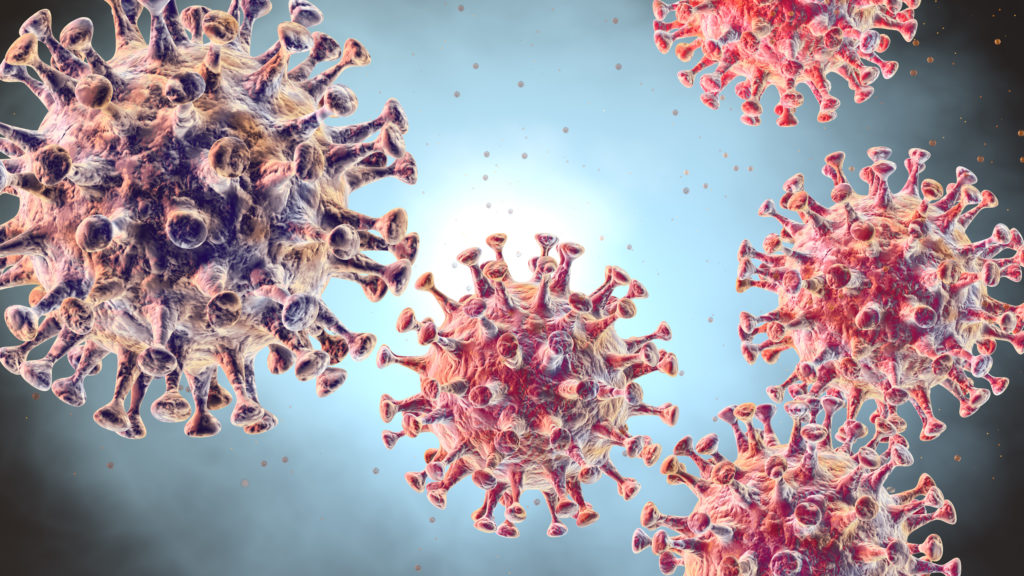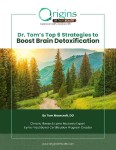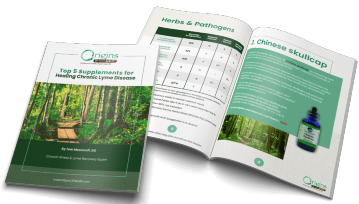As awareness of the new Coronavirus spreads, there’s been a lot of fear and panic, mostly due to misinformation. Here’s a list of the most common questions I have received about the Coronavirus. Fight fear with facts.
Be Proactive, Not Panicked – Dr. Tom
Is the Coronavirus spread from person to person?
Yes, the Coronavirus is spread via respiratory droplets, small droplets of mucus or saliva carried through the air when an infected person coughs or sneezes. These droplets can travel approximately six feet.
You can become exposure to the droplets by breathing them in, direct contact (getting coughed on), or by shaking hands with or sharing a drink with someone who is infected.
Hand washing with soap and water for at least 20 seconds is one of the most important precautions you can take to minimize the risk of getting the Coronavirus.
How long do you have the virus before getting sick?
This is called the incubation period. The Coronavirus incubation period may be as short as 2 days and as long as 14 days. Unfortunately, those who have the Coronavirus but are not yet sick can unknowingly transmit the virus to others.
What are the symptoms of the new Coronavirus?
The most common symptoms are fever, cough and difficulty breathing. Some people have had nausea, vomiting or diarrhea before the onset of respiratory symptoms, but this has been uncommon.
Some people with the virus may have no symptoms at all (be asymptomatic). Many people have mild to moderate symptoms. Some people develop pneumonia and severe respiratory distress. This can be life-threatening leading to death.
How long do symptoms of the Coronavirus last?
In mild cases, symptoms may last only a few days. In more severe cases, people can be sick for days to weeks. It looks like some of the most severe cases may take months to recover from and we know people will die.
Can someone without symptoms spread the virus?
Yes, it looks like people with the virus and no symptoms can spread the virus. How commonly this occurs is not clear.
Should I wear a face mask?
In the United States, it is not recommended that the general public wear face masks. If you are sick or have a cough and have been potentially exposed to the Coronavirus, you should wear a mask and avoid coming in contact with other people as much as possible. If you are a healthcare worker caring for patients who have or potentially have the Coronavirus, you should wear an appropriately fit mask.
How common is the Coronavirus in the United States?
As of March 7, 2020, there are 164 cases of Coronavirus in the US with 11 deaths. So far this flu season, there are nearly 30 million cases of influenza in the US and upwards of 17,000 deaths.
Improved access to testing and public awareness efforts will likely lead to a big jump in the number of known Coronavirus cases, however the amount of Coronavirus in the US at the moment is felt to be fairly low.
Is there a vaccine for the Coronavirus?
No vaccine currently exists, however this is being worked on. Experts feel it will likely take over a year to develop. In the meantime, it is best to avoid being exposed and boost your immune system proactively.
Is there any treatment for the Coronavirus?
No treatment currently exists for this virus, though researchers are investing several different currently available anti-viral drugs. There is a lot of talk about how natural and herbal medications don’t work to cure this virus from the medical establishment and how you should be using high doses of several different nutrients to cure the virus from the holistic medical world.
The truth is, we don’t know because NO ONE IS STUDYING NATURAL TREATMENTS. And anyone who starts talking about the possibility of natural treatment helping is being censored. The bottom line is, do your best to avoid being exposed AND do whatever you can to boost your immune system function.
Simple things like getting enough sleep, eating lots of veggies and some fruit, exercising in fresh air daily and taking time to chill out and destress have a big impact on your overall health and ability to resist infections.
Nutritional supplements and herbal anti-virals likely have their place too, they just haven’t been studied well in Coronavirus because nothing has up to this point. My advice is not to bet cure on any one treatment approach because we just don’t know. This is a rapidly evolving situation. Apply commonsense and be proactive.
If you’re interested in learning some simple immune boosting tips you can do proactively in the comfort of your own home, check out my Coronavirus COVID-19 Update. To jump right to these proactive, immune boosting tips, scroll to the second half of the article.
How do I protect myself from getting the Coronavirus?
Wash your hands often with soap and water for at least 20 seconds
Coronavirus is spread almost exclusively through respiratory droplets generated through coughing, sneezing or contact directly with mucous membranes, such as the eyes, nose or mouth. Regularly wash your hands with soap and water for at least 20 seconds. If no soap is available, use an alcohol-based hand sanitizer.
Avoid close contact with people who are sick
If you’re feeling sick or have a cough, stay home. If you work in a larger office setting, see if you can work from home. If you have a cough, wear a mask and stay home as much as possible. If you are over 60 or have a pre-existing medical conditions, such as asthma, diabetes or heart disease, you may want to minimize your contact with larger group gatherings as a precaution.
Avoid touching your eyes, nose, and mouth with unwashed hands
The virus can be spread by contact with a surface that has had contact with respiratory droplets, like your hands. If you cough, do so into the crook of your elbow, not your hands. If you cough into your hands immediately wash your hands.



